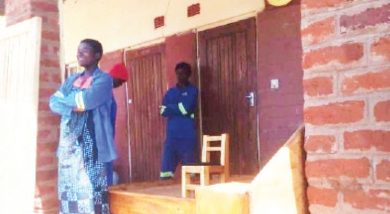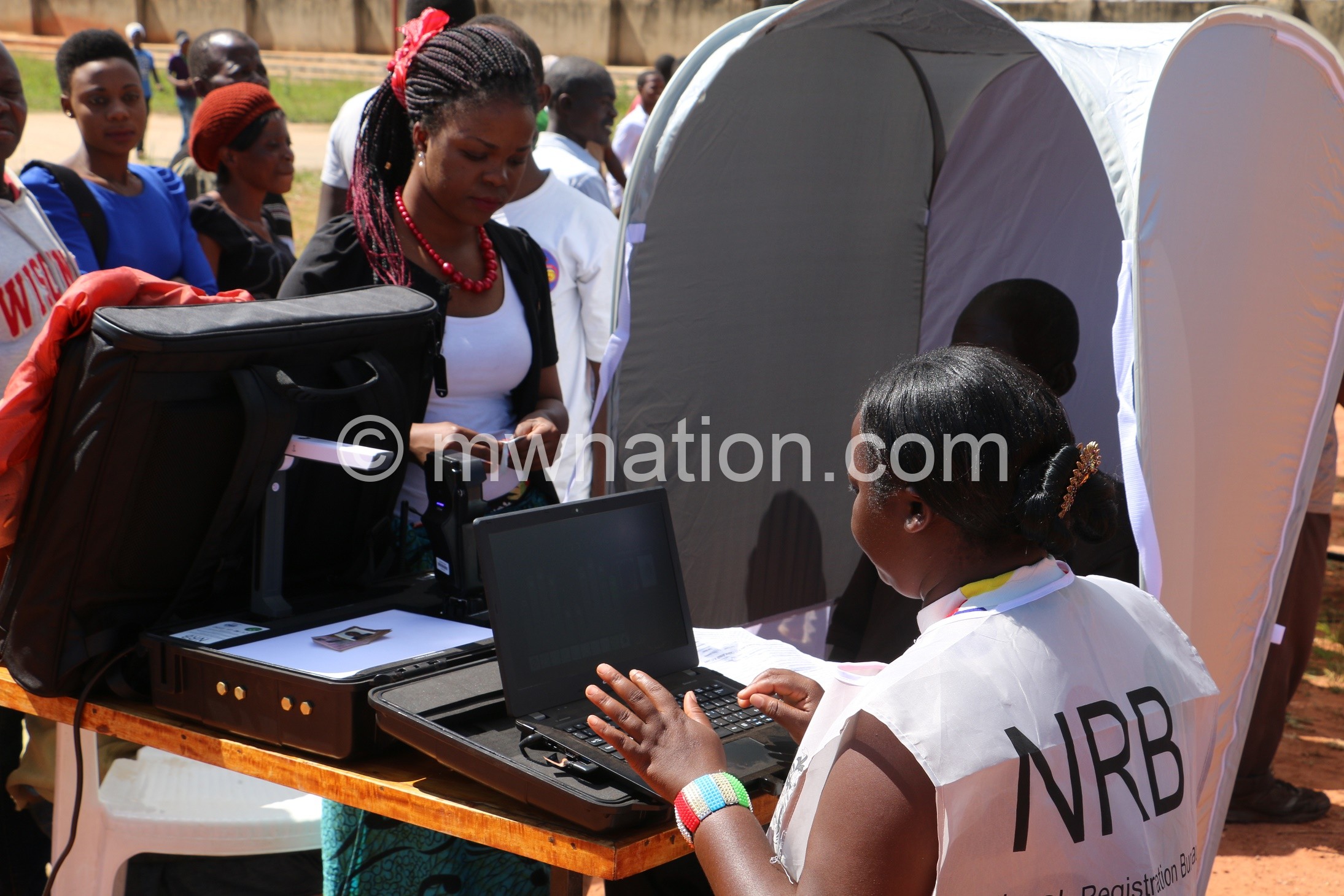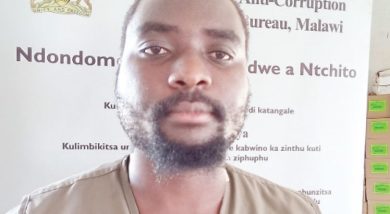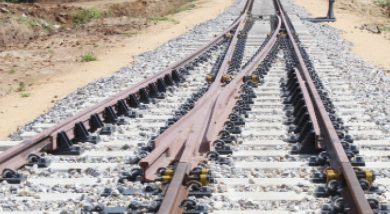ACB investigating Nigerian oil deal, pleads for more time
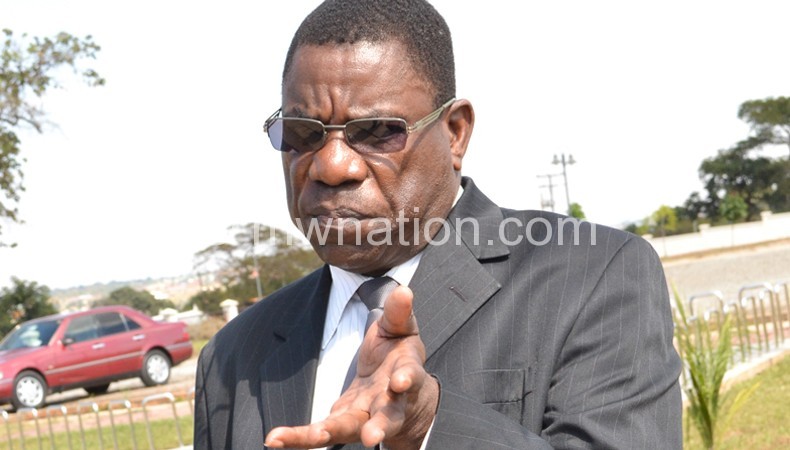
The Anti-Corruption Bureau (ACB) has said it is reviewing the oil deal between Nigerian National Petroleum Corporation and the Malawi Government following a query by Consumers Association of Malawi (Cama) over how the Office of the President and Cabinet (OPC) used its proceeds.
In a questionnaire response the bureau says the deal was under review after Cama copied them a letter which it wrote to OPC querying the whereabouts of its proceeds.
“The Anti-Corruption Bureau was a copy recipient of one of the communications between Consumers Association of Malawi and OPC. The bureau is reviewing the issue to see if there is any action the bureau can take on the matter,” said Egrita Ndala, ACB senior public relations officer.
The bureau’s action come at a time the Office of the President and Cabinet (OPC) has asked for more time to explain the whereabouts of $838 370 (about K340 million) from the crude oil.
The money, which was part of the royalties amounting to $1 256 081.70 was given to the Presidential Initiative on Poverty Alleviation and Hunger Reduction (PIPaHR) which is under the Office of the President and Cabinet (OPC) to buy legumes for export.
But a source at Capital Hill said it was known that the millions from the crude oil deal which was given to the Presidential Initiative had vanished when OPC tried to follow up on the issue following Cama’s query.
“When the national coordinator was called to explain how far they had gone with the programme of buying legumes for export using the money which came from crude oil, the coordinator said the overheads were very high to the effect that they did not make profits,” said the source.
“But when the Chief Secretary asked how much was remaining in their account, the coordinator said there was nothing. It is still not clear whether the legumes were bought or not or if indeed they bought, but the issue is there is no money,” added the source.
After sending a questionnaire three weeks ago, all OPC spokesperson Arthur Chipenda could do on Thursday was to confirm that the money was deposited in the deposit account of his office.
“But I would humbly request some more time so that I get a reconciliation report for you on how the funds were utilised,” said Chipenda in an e-mail response.
Under the agreement which former president Joyce Banda signed with the Nigerian company in May 2012, Malawi Government was to buy 30 000 barrels of crude oil per month at a cost of $120 million.
In a letter to Cama’s query into the deal, OPC says due to the scarcity of forex, Malawi Government was unable to fulfil the deal and a decision was made to engage National Oil Company of Malawi (Nocma) to shoulder the obligation and remit royalties to government.
“From the sale agreement spanning from 1st May 2012 to 30th April 2013, royalties amounting to $1 256 081.70 were earned and transferred into Nocma’s foreign currency denominated account for crude (FCDA) maintained at National Bank of Malawi,” said Chipenda.
He said government, through the Ministry of Finance, asked Nocma to transfer some of the proceeds to a government account maintained at the Reserve Bank of Malawi.
“The balance of approximately $417 681.70 which includes an element of interest earned from the bank is left in Nocma’s account with the National Bank,” he says.
But Chipenda’s letter, which is dated March 14, 2014, says the issue of crude oil was not covered in the memorandum of understanding which was signed by President Joyce Banda and her Nigerian counterpart Goodluck Jonathan in September 2012.
However, Weekend Nation investigations have revealed that the money which was given to the Presidential initiatives to buy legumes for export with an aim of making profits cannot be traced.
The Presidential Initiatives national coordinator Flora Kaluwile declined to take questions from Weekend Nation, saying she was not in office and referred the matter to her deputy Susan Malunga.
On her part, Malunga, who is responsible for livestock programme, said Kaluwile was the right person to comment on the issue because she was responsible for the legumes programme.
Said Malunga: “I was not involved in any way. I am the deputy national coordinator responsible for livestock programme. She is the right person to talk to because she is the national coordinator and also responsible for legumes programme and she has all the information.”
Asked why Kaluwile pushed the matter to her, Malunga said she was aware that Kaluwile’s contract was expiring end June but that handovers have not been concluded for her to competently comment on the matter.
Kaluwile did not respond to the questionnaire for the past two weeks.
For the past two weeks, Treasury through its spokesperson Nations Msowoya did not respond to questions on who authorised the tranfer of crude oil funds to OPC and if efforts have been made to follow up on how the money was utilised.
Cama executive director John Kapito said on Tuesday his organisation has all along suspected and remain convinced that the Nigerian crude oil deal was not transacted transparently and for the benefit of Malawians.
Kapito alleged that the fact that OPC failed to provide credible responses was enough to believe that the oil deal money was “stolen by a few greedy people at OPC” and the agents who were engaged in Nigeria.
Said Kapito: “We have raised a number of questions and until now, most of the critical questions remain unanswered by OPC and surprisingly, not many Malawians understand how this particular deal was transacted. There is so much that is still cloudy and unfortunately this oil deal passed through so many hands that you can’t trust from the agent in Nigeria to the receiving office in Malawi.”
“We are lucky that we have a new administration and we are now pursuing the matter with them and we expect quick responses from them as well. We want to know where the oil money from Nigeria went or who is keeping this money and who directed that such huge sums of money must go through OPC,” he said.
Kapito said Cama’s expectation is that apart from investigating the crude oil deal, its merits and demerits would be discussed by Parliament and that mechanisms be put in place to ensure that no deals of this nature are signed by the President without the involvement of Parliament in future.
President Banda launched the initiative in 2012 which focuses on agricultural sector by among other things, promoting sustainable food security through improving productivity, empowerment through farm mechanisation, promotion of diary and livestock development, promotion of special crops for export and promotion of irrigation farming.
During an orientation workshop of agro-dealers, cooperative and association leaders, in December last year, Kaluwile said the initiative was expecting to realise K7 billion (US$17 031 630) at the local market following the distribution of 35 metric tonnes of seed to farmers through cooperatives.
“The main objective of the PIPaHR is to motivate farmers to consider farming as a business through smallholder commercialisation,” said Kaluwile, urging farmers to avoid selling their produce to vendors since the initiative had identified markets for them to realise profits.


